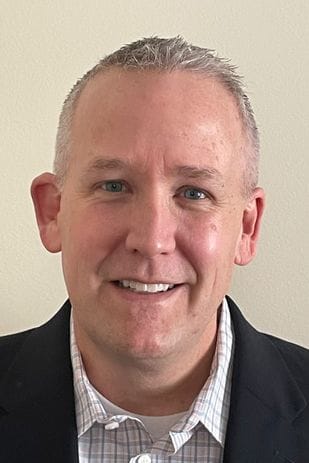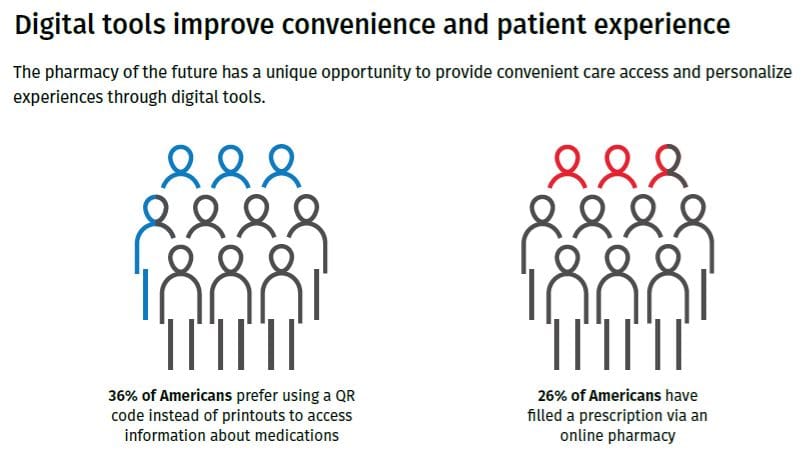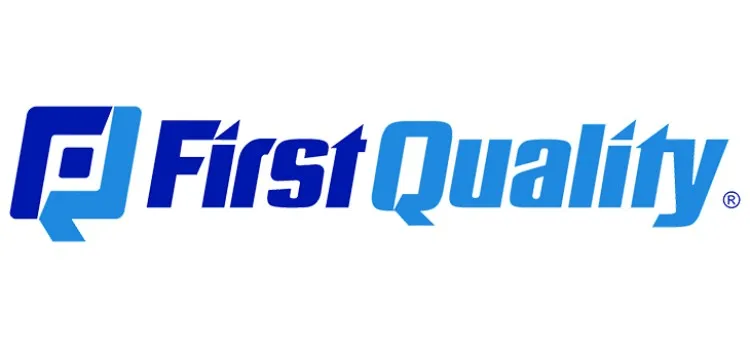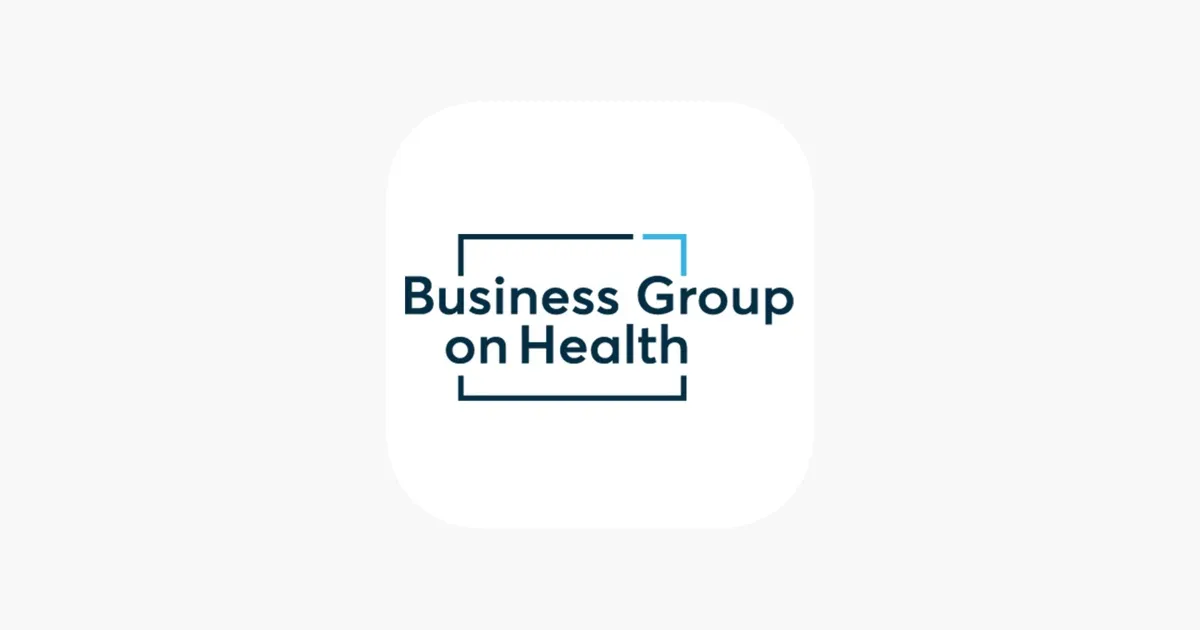Many changes that have been predicted in health care and pharmacy are now taking shape in the market. Pharmacists are increasingly becoming a driver in improving patient outcomes, a trend driven by broader market shifts.
The stat sheet

Garry Marshall
Patients and pharmacists are primed for this change. In Wolters Kluwer’s recent Pharmacy Next survey, nearly 60% of patients said they’d go to the pharmacy for nonemergency care, with one in three rating convenience over credentials as the more prized quality in seeking such care. Given that today’s patients prioritize care that fits seamlessly into their lives, community pharmacies serve as an ideal choice for their health needs.
Beyond convenience, trust plays a significant role. Despite a well-documented decline in trust in the broader health care system, over half of consumers still trust pharmacists to prescribe medications, with overall trust in pharmacists remaining steady.
The pharmacy
professional’s plight
Navigating through the mountain of tasks that come with dispensing medications is no easy feat. Pharmacists are burdened with paperwork, administration and an assortment of nonclinical responsibilities that hinder their primary goal to serve and care for patients. The toll of this burden manifests in high levels of professional burnout.
In a December 8, 2023, Scottsdale Institute webinar, Wolters Kluwer Health pharmacist Angela German discussed pharmacist burnout and contributing factors often overlooked when searching for solutions.
“I think pharmacists are often the forgotten portion of health care when we talk about critical shortages and clinician walkouts,” she said. “But the fact of the matter is over 50% of pharmacists have demonstrated burnout, and that is being evidenced in those walkouts and clinical unrest in the world of pharmacy.”
This internal struggle within the profession is a rallying cry for change. Pharmacists are yearning for a transformation that helps them to focus on areas where their influence can directly improve health outcomes.
Tools for transformation
Emerging technologies in pharmacies streamline time-consuming tasks and enhance the pharmacist’s capabilities, opening doors to transformative changes in the profession.

For instance, integrating QR codes and digital resources into the dispensing process could slash hours spent printing and stapling materials. It also means that patients have mobile access to the most recent and comprehensive drug information right at their fingertips. This transformation both liberates the pharmacist from administrative burdens and empowers them to ensure patients are more informed than ever.
The integration of robust, user-friendly systems can automate inventory management, streamline patient consultations, and provide critical alerts and information at the point of care. Such tools don’t just make the pharmacist’s life easier, they make it more impactful. They provide the infrastructure for pharmacists to execute on the desire for greater education and patient connection.
Looking forward: the future
of pharmacy
The vision of the future of pharmacy weaves patient education into every aspect of the profession. Pharmacists are poised to become conduits of wellness by delivering comprehensive education that extends beyond prescriptions.
One can envision a scenario where pharmacists become central to the delivery of chronic care management, providing critical resources and ongoing support to patients with complex health needs. They could also play a pivotal role in the post-acute care transition, ensuring a continuum of care that diminishes the likelihood of hospital readmissions.
In this light, the future of pharmacy is not simply about dispensing drugs, it’s about dispensing outcomes. Pharmacists will increasingly serve as educators, advisors and confidants to patients who will look to them for guidance on medications and general health concerns.
Pharmacists, standing at the precipice of change, look forward with a blend of optimism and determination. The tools and technologies exist to unearth their true potential. Thus, the pharmacy’s metamorphosis is not just a narrative — it’s a commitment to a more distributed, yet cohesive, health care framework that fully leverages the expertise and trust that patients place in pharmacists.
This paradigm shift will be a coordination among technology, health care administration and the entire pharmacy workforce. The change is both necessary and welcome. To the pharmacists, your new chapter is written in the aspirations and needs of a health care system looking to you to lead the way. It’s a chapter that calls for your voice to be louder, your reach to be farther, and your impact to be unprecedented.
Garry Marshall, is senior director of pharmacy strategy, clinical effectiveness, for Wolters Kluwer,Health, leading efforts to use Wolters Kluwer services and technologies to assist pharmacies in meeting industry challenges.









